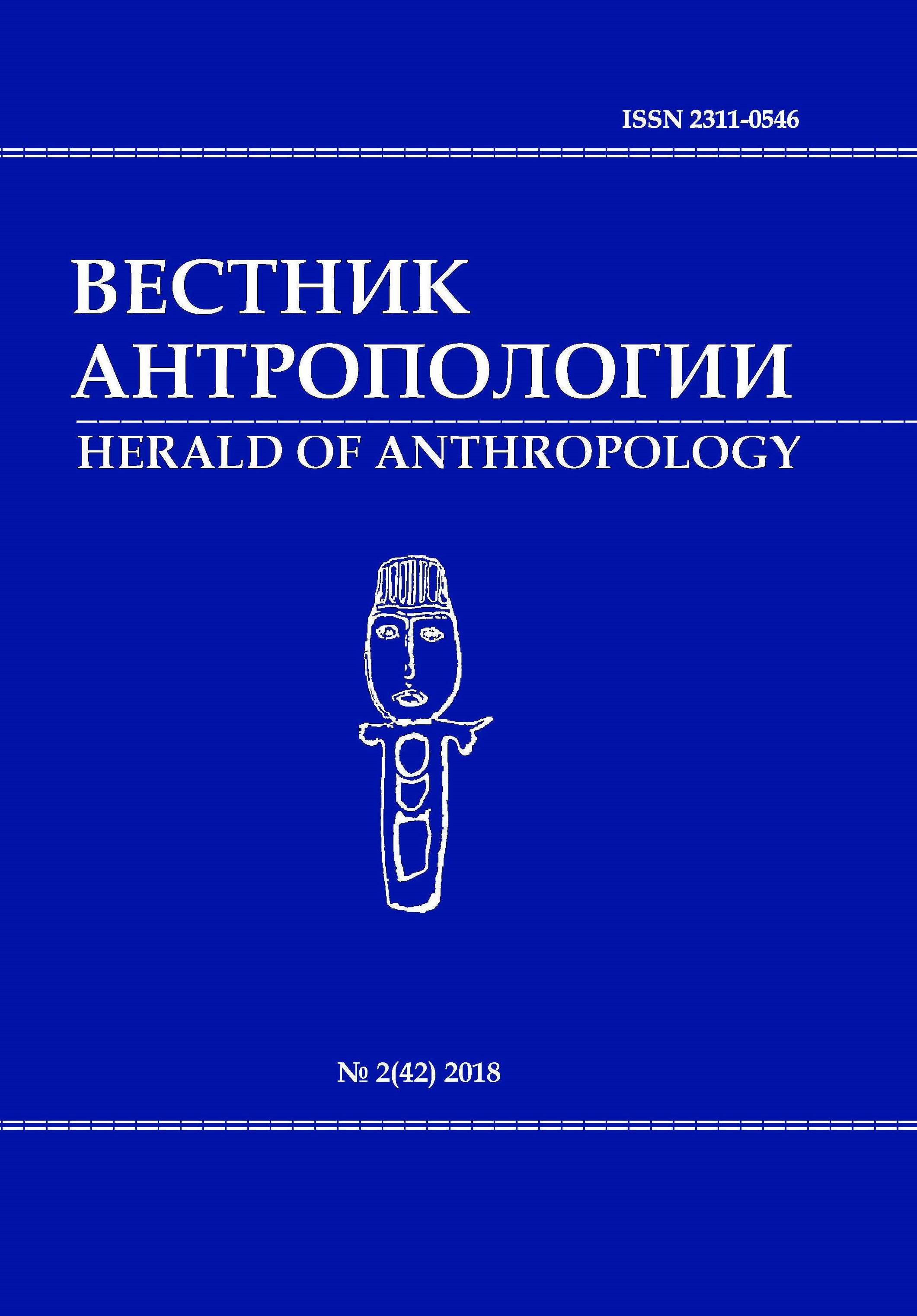Вперед, маэстро! Музыка для театра теней в контексте балканской, восточной и западной культурных компонентов самобытности Греции
Keywords:
Shadow Theatre, Karaghiozis, Оrientalism, Balkanism, Occidentalism, folk, urban folk, cultural identityAbstract
Is it possible for a country to have a three-part cultural identity? Is it possible for three different and often “opposing” cultural languages, such as Orientalism, Balkanism and Occidentalism, to coexist as identical components in the same geographical, social and cultural environment? What are the proportions of this triple cultural identity, under which conditions the components of this identity “converse” with each other, and consist the musical mosaic of Greece in the 21st century?
Greece was under the Ottoman occupation for a long period of time, while from the 19th century and henceforth – in the frame of the eagerly anticipated westernization and of the renunciation of its oriental identity – directs its intellectual and musical interests towards the West, without, however, excluding cultural forms influenced by the Balkan peninsula (where Greece as a country geographically belongs).
The musical elements, which in a first level testify the Ottoman past, the Balkan as well as the Occidental present of Greece will be examined through the famous “Istanbul Turkulleri” (anonymous Konstantinopolitan music) for the Greek shadow theatre, as well as through some recent “art popular” music for Karaghiozis, composed by Greek musicians. Light is going to be thrown on different musical and dancing traditions, tonal and modal systems, rhythms, orchestration and style, through which different origins (Ottoman, Balkan and finally Greek) with often common cultural cores, “loans” and “anti-loans” are expressed.





















